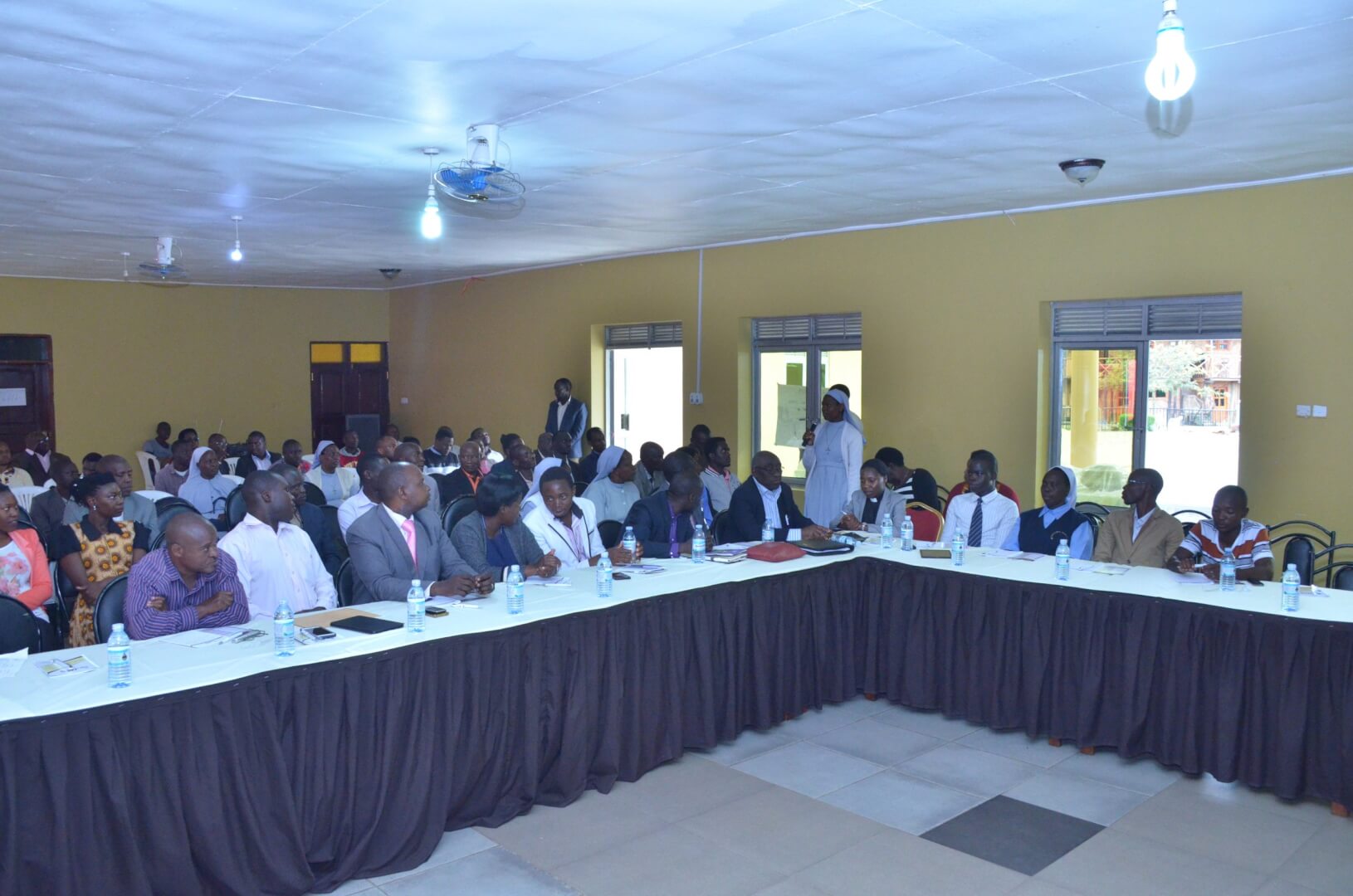By Emmanuel Higenyi, Director Technical Services, Joint Medical Stores
Joint Medical Store (JMS) has a broad mandate to procure, warehouse storage, distribute and supply healthcare commodities to the faith-based health facilities and other healthcare providers. This mandate requires appreciation of the ecosystem perspective that looks at the supply chain as a living and continuous exchange of information, products, finances and value occurring among organizations and people. This involves application and deployment of technologies and processing of information to provide outputs necessary to move products from their production sites to the point of use or consumption at the appropriate, acceptable and sustainable levels of effectiveness, efficiency, and cost.
Achieving the optimal levels of effectiveness, efficiency, and cost across the supply chain requires functioning and responsive systems, competent human resources, strong governance, and agile management systems. With this understanding JMS has incorporated capacity building for health facilities into its mission as a high-level deliverable that is provided in corporate social responsibility and business sustainability strategy. The ultimate objective of the capacity building is to improve the National Health System in general with particular focus on the faith-based health facilities in Uganda which contribute close to 40% of the healthcare outputs and a significant portion of the gross domestic product in form of services.
JMS therefore provides system strengthening services to health facilities to build an enabling and facilitating environment for effective and efficient management of the different types of resources including medical supplies. The JMS health facility capacity building for health facilities is multifaceted in domain with a dual delivery process. In categorical terms, the domains target critical health facility process such as health facility governance, human resource development, logistics management, financial resource management, customer service, production and delivery of services, and quality improvement. These processes are necessary to maintain viable health facilities so as to fulfil their mission, return value to their owners and meet society expectations. In terms of delivery, JMS uses the direct to facility mode and the Bureau-led mode, wherein the former, the JMS capacity building unit delivers training directly to health facilities using didactic, mentorship and coaching approaches while in the latter, JMS works through the Medical Bureaus.

Regional training for member health units in Western region of Uganda. The training aspects included health facility governance, customer service in health care settings, and financial management.
With regard to the Direct to Facility capacity building the process starts with an initial assessment to identify gaps, synthesize need and develop intervention plan. In this regard, JMS assesses competences at the health facilities and based on the assessment, capacity building interventions are coined and delivered. These interventions include general training, provision of tools, and design of a follow-on programme.
Health facility governance is key in assuring oversight and accountability including appropriation of finances and prioritization of expenditure and investment. Human resource development enables the health facilities to focus on acquiring and maintaining the right personnel for logistics management which is necessary to ensure adequate planning, communication, and stock management. Financial management is important for management of cash flow and avoidance of unauthorized expenditure. Production and delivery of services enables the health facilities to adequately develop strategic and operational plans.
Over time JMS has learnt that investing in building capacity of health facilities improves performance of the health facilities with positive knock on effects on the JMS operations and overall performance of the health sector. Leveraging the JMS capacity building programme, Medical Bureau initiatives and other sector improvement strategies, the faith-based health facilities have been able to remarkably improve their governance practices, resource management and optimization, information management, and quality of services. This has in turn improved JMS’s planning, commodity procurement, and logistics. The improved health facility performance has also contributed positively to the sector goals and objectives around access to essential medicines, cost reduction and waste minimization, quality of care, and appropriate use of medicines.
